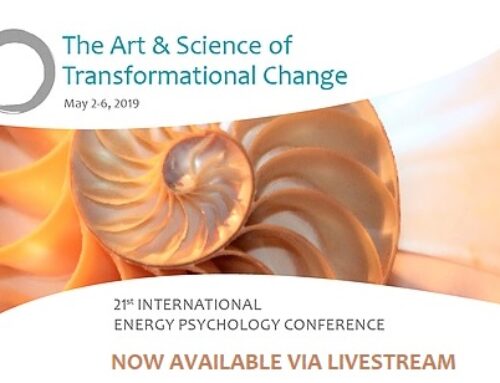Original article seen in The Guardian
In a new documentary, fans and experts explore the legacy of a song originally shunned before becoming a timeless classic.
I can’t think of another song with a trajectory of anything like what happened with Hallelujah,” said the author Alan Light of Leonard Cohen’s ubiquitous magnum opus. “When you think of universal global anthems like Imagine or Bridge Over Troubled Water, they were immediate hits. But Hallelujah was first rejected by the record company, and then completely ignored when it came out.”
So goes the legend of Cohen’s hallmark track, which has captivated generations of listeners with a mystique and weight that set it apart. Perhaps that’s why the aforementioned Light wrote a book entirely about the track: 2012’s The Holy Or the Broken: Leonard Cohen, Jeff Buckley, and the Unlikely Ascent of Hallelujah. It’s that book which serves as the basis for the new documentary Hallelujah: Leonard Cohen, A Journey, A Song, which premiered at the Tribeca film festival earlier this month. Directed and produced by Dayna Goldfine and Dan Geller, the film takes both a micro and macro view of the song and Cohen, along with their respective and deeply intertwined places in culture.
“Leonard Cohen, in short, was a prophet,” said Goldfine, who, along with Geller, has assembled a stacked career directing expansive documentaries focusing on music including 2005’s Ballets Russes, about the early 20th-century Russian ballet company. “Leonard [was known for] timeless writing and timeless poetry that floats outside of any particular epoch,” Goldfine said. “It addressed the deepest of our human concerns about longing for connection and longing for some sort of hope, transcendence and acknowledgment of the difficulties of life.”



